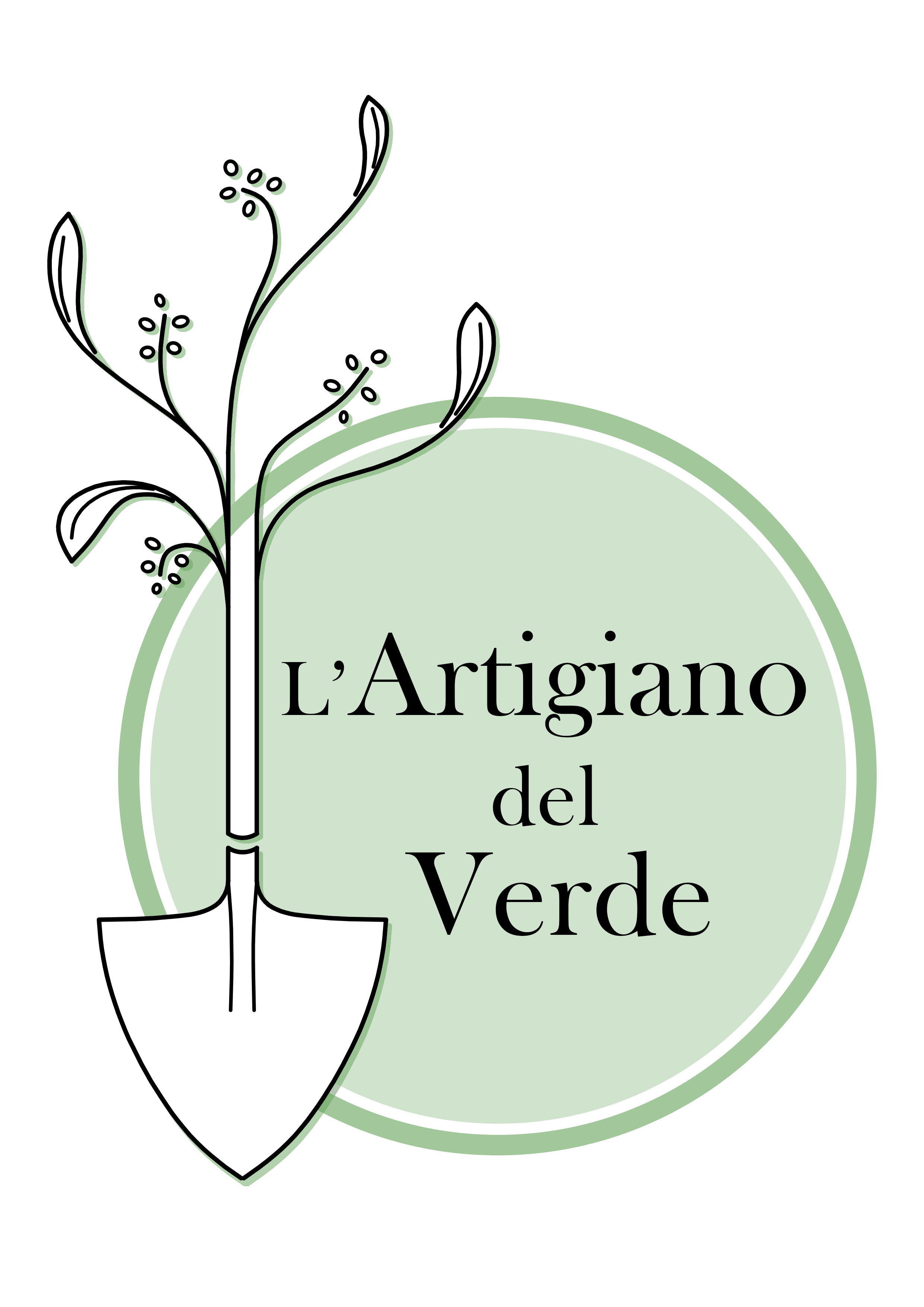
The Mathematics of Chance: Unraveling the Secrets of Slot Game Odds
When it comes to slot games, there’s an inherent allure to the idea that Lady Luck might smile upon us, granting a life-changing jackpot win. However, beneath the glitz and glamour of spinning reels lies a complex web of mathematics that governs the outcome of each game. In this article, we’ll delve into the intricacies of slot game zetcasino-ca.org odds, examining the concepts, strategies, and statistics that underlie these seemingly random events.
The Basics: Understanding Probability
To comprehend the odds in slot games, it’s essential to grasp the fundamental concept of probability. Probability is a measure of the likelihood of an event occurring, expressed as a numerical value between 0 and 1. In simple terms, if the probability of an event happening is 0.5, there’s an equal chance of it occurring or not.
In slot games, each possible outcome (e.g., a specific symbol appearing on a reel) has a unique probability associated with it. These probabilities are determined by the game’s programming and are usually based on complex algorithms. The outcome of each spin is independent, meaning that the previous result doesn’t affect the next one.
The Role of Random Number Generators
At the heart of slot games lies the random number generator (RNG), a sophisticated algorithm that produces an endless stream of numbers at incredible speeds. These numbers are then used to determine the outcome of each spin, ensuring that every game is unique and unpredictable.
Modern RNGs are designed to be highly secure and tamper-proof, using advanced encryption techniques to prevent manipulation or exploitation. In reputable online casinos, RNGs are regularly audited by third-party testing agencies to ensure their integrity and fairness.
The House Edge: A Key Concept
In any form of gaming, the house edge (also known as the built-in advantage) is a critical concept that explains why casinos ultimately win in the long run. The house edge represents the built-in profit margin that casinos maintain to compensate for the risks associated with running their business.
For slot games, the house edge varies depending on the game’s design and the RTP (return to player) rate. A higher RTP rate means a lower house edge, which is beneficial for players. Conversely, a lower RTP rate indicates a higher house edge, making it more challenging for players to win in the long run.
RTP: The Return to Player Rate
The RTP rate is a crucial metric that measures how much money a slot game pays out as winnings relative to its total bets over time. For example, if an online slot game has an RTP of 95%, this means that for every $100 wagered, the game will pay out approximately $95 in winnings.
RTP rates can vary significantly between games, with some slots offering extremely high returns (e.g., 98% or higher) and others offering much lower returns (e.g., below 90%). When choosing a slot game, it’s essential to consider the RTP rate, as this will significantly impact your chances of winning.
Volatility: The Good, the Bad, and the Ugly
Slot games can be broadly categorized into three volatility levels: low, medium, and high. Volatility refers to the frequency and size of wins relative to the game’s average payout. A low-volatility slot will often pay out smaller wins more frequently, while a high-volatility slot may offer larger wins less often.
Low-Volatility Slots
- Benefits:
- More frequent wins
- Smaller wins are more achievable
- Lower risk of significant losses
- Drawbacks:
- Lower average payout potential
- Less exciting gameplay
Medium-Volatility Slots
- Benefits:
- Balances frequency and size of wins
- Offers a mix of smaller and larger payouts
- Engaging gameplay experience
- Drawbacks:
- May require more bets to achieve significant wins
- Payouts can be less consistent
High-Volatility Slots
- Benefits:
- Large wins are possible, offering significant payouts
- Exciting and thrilling gameplay experience
- Potential for life-changing jackpots
- Drawbacks:
- Larger losses are also possible
- Wins can be infrequent and unpredictable
The Law of Large Numbers: A Reality Check
The law of large numbers (LLN) states that as the number of trials increases, the average outcome will converge towards the expected value. In slot games, this means that over a sufficient number of spins, the game’s RTP rate will emerge as the average payout.
While individual results may vary significantly from the expected value, the LLN ensures that in the long run, the odds are stacked against players. This is why casinos can maintain their profitability despite offering generous promotions and bonuses to attract customers.
Advanced Strategies: Don’t Get Carried Away
When it comes to slot games, many players believe that there’s a way to beat the house edge through clever strategies or systems. Unfortunately, these attempts often rely on flawed assumptions about probability and statistics.
Some popular advanced strategies include:
- Card counting: While effective in blackjack, card counting is impractical for slot games due to their lack of sequential outcomes.
- Hedge betting: This strategy involves placing multiple bets with opposing outcomes, but its effectiveness is limited by the game’s volatility and RTP rate.
- Paroli system: Based on a Martingale-like approach, this system involves increasing bets after wins and decreasing them after losses. However, it’s often too aggressive for slot games.
Conclusion: The Odds in Slot Games
Slot games are inherently governed by mathematics, with the odds reflecting the game’s design and programming. By understanding probability, RNGs, house edges, RTP rates, volatility levels, and the law of large numbers, players can make informed decisions when choosing a slot game.
While there’s no guaranteed way to win in slot games, being aware of these concepts will help you navigate the complex world of online casinos and slots with confidence. Remember, Lady Luck may smile upon us occasionally, but it’s essential to respect the odds and maintain a healthy relationship with gaming.

